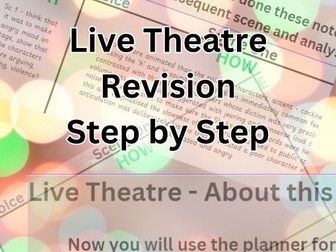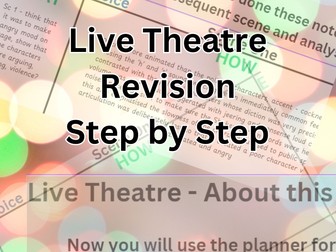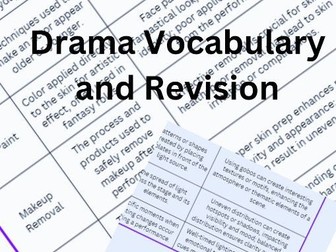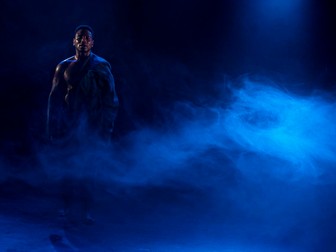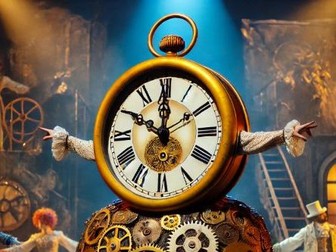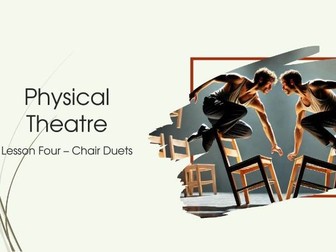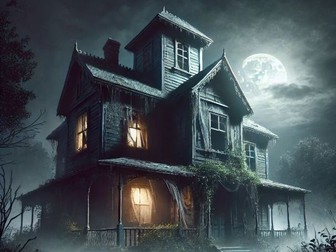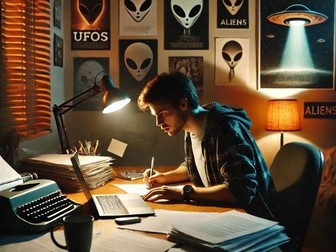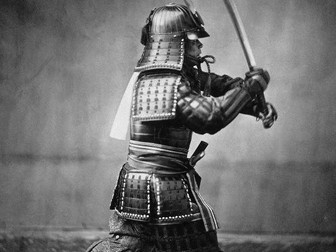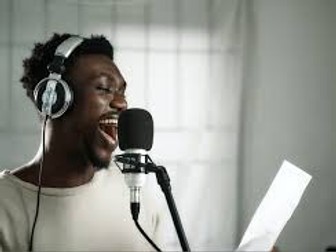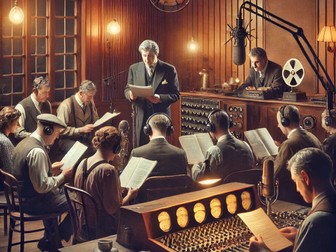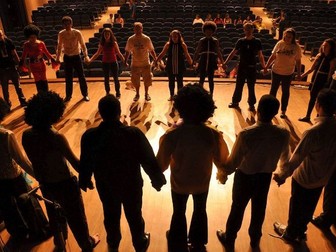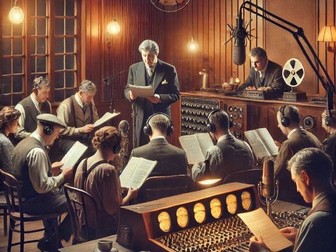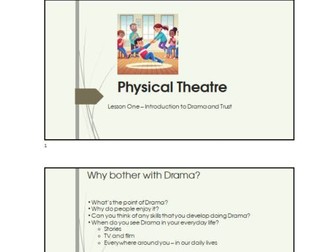Eduqas Drama GCSE Live Theatre Generic Lesson - Step by Step Revision Notes for Live Theatre
<p>GCSE Drama Live Theatre Resource Pack</p>
<p>Empower your students to tackle live theatre questions in their GCSE Drama written exam with confidence! This comprehensive resource pack includes a carefully crafted lesson PowerPoint designed for both independent student work and teacher-led instruction. Featuring clear, step-by-step guidance, it demystifies the live theatre section of the course, offering adaptable strategies and practical exercises that help students develop strong analytical and evaluative skills. Whether working in the classroom or independently, your students will benefit from focused instruction tailored to support their success.</p>
<p>**This lesson can be used each time pupils visit the theatre or watch streamed performances, as the instructions are designed to be generic and will suit all styles and genres of performance.</p>
<p><strong>The structure used in the pack is clear and enables all pupils to achieve high marks in the examination. The most able can use it to structure effective, interesting responses. Those needing more support can use it to allow them to access more of the marking criteria than they would otherwise have been able to do.</strong></p>
<p>The pack includes:</p>
<ul>
<li>An overview of the live theatre question for Component Three (Eduqas)</li>
<li>Example questions</li>
<li>A clear step by step structure for writing up notes after watching live theatre</li>
<li>Clear outline of how to answer the question</li>
<li>Modelled responses</li>
<li>Revision note planner</li>
</ul>
<p>The lesson can be taught by specialists and non-specialists. If time is short then the clear instructions allow this to be set as homework for pupils to do independently.</p>
